Blackjack is one of the most sought after games in the casino. Whether it is the casino table top or online play, blackjack will surely come up as one of the most played casino games around.
Blackjack gets its noted popularity because of the intense gameplay and strategy needed in the game. In fact, no self proclaimed manuals on how to play black jack can be as such without delving deeply on the strategies of the game.
Thus it would very useful (and somewhat a requirement) to know a few basic strategies before going out to play the game.
The very first thing that the novice must learn in the game of blackjack is when to hit and when not to. Hitting, for the uninitiated, is simply asking for another card to increase the player's chances on a winning hand. This is the opposite of standing, where the player declines any additional cards, making his current hand the one he will play with.
The basic key in determining when to hit and when not to is of course, the value of the player's hand. Here, the objective is to get as close to a total of 21 for the hand as possible without going over it. 21 is actually the winning value the player needs, but the odds in getting a perfect score is somewhat much lower that getting one above that so it would be wise to use a different strategy.
To begin with, the player is advised to stand when he gets an initial hand from 17 to 20 (getting 21 automatically wins the player the round). The reason for doing so is pretty much obvious, these are already safe hands, and it would be of no use getting additional cards at this point, unless you are daring enough to pull out a bluff.
For hands that are lower than 17, the decision to hit or stand depends on the dealer's face up card. The idea here is to use the dealer's card as a guide to see if the player's hand is at a disadvantage. Most poker players go for a hit when the dealer's card is a 7,8,9,10 (face cards, such as kings, are also valued as tens) or aces (valued at either 1 or 11). if the player gets a hand lower than 11, he will have no choice but to hit no matter what the dealer's card is.
In order to save a lost hand, the player can also opt for some other options. In case the player receives a pair on his hand, he can have this split into two hands which he can then play separately, increasing his chances. When the cards are split, however, the player needs to place equal bets on them meaning he will not only double his chances in losing (an unwanted consequence of the split) but also double the money he is prone to lose.
An alternative strategy that he can use is to double down, where he gets a single card for his initial play, betting double the amount on it. While this technique is useful to ensure that the player doesn't bust (the highest he can get with this one is actually 21, the sure win score), he will again lose twice the money.
If all else fails, the player can simply surrender and not play the hand, giving up half of his bet. Although, of course, this is not an immediate option.


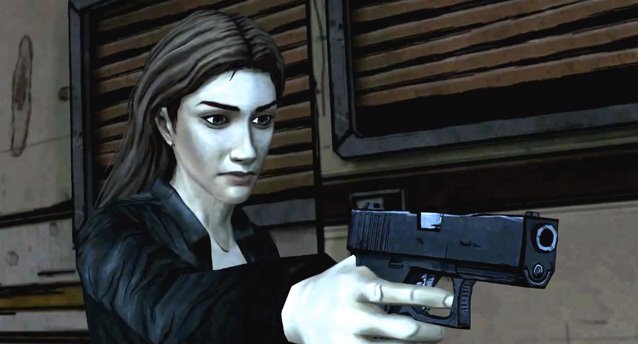
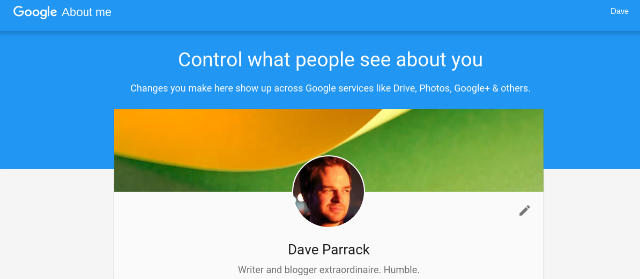


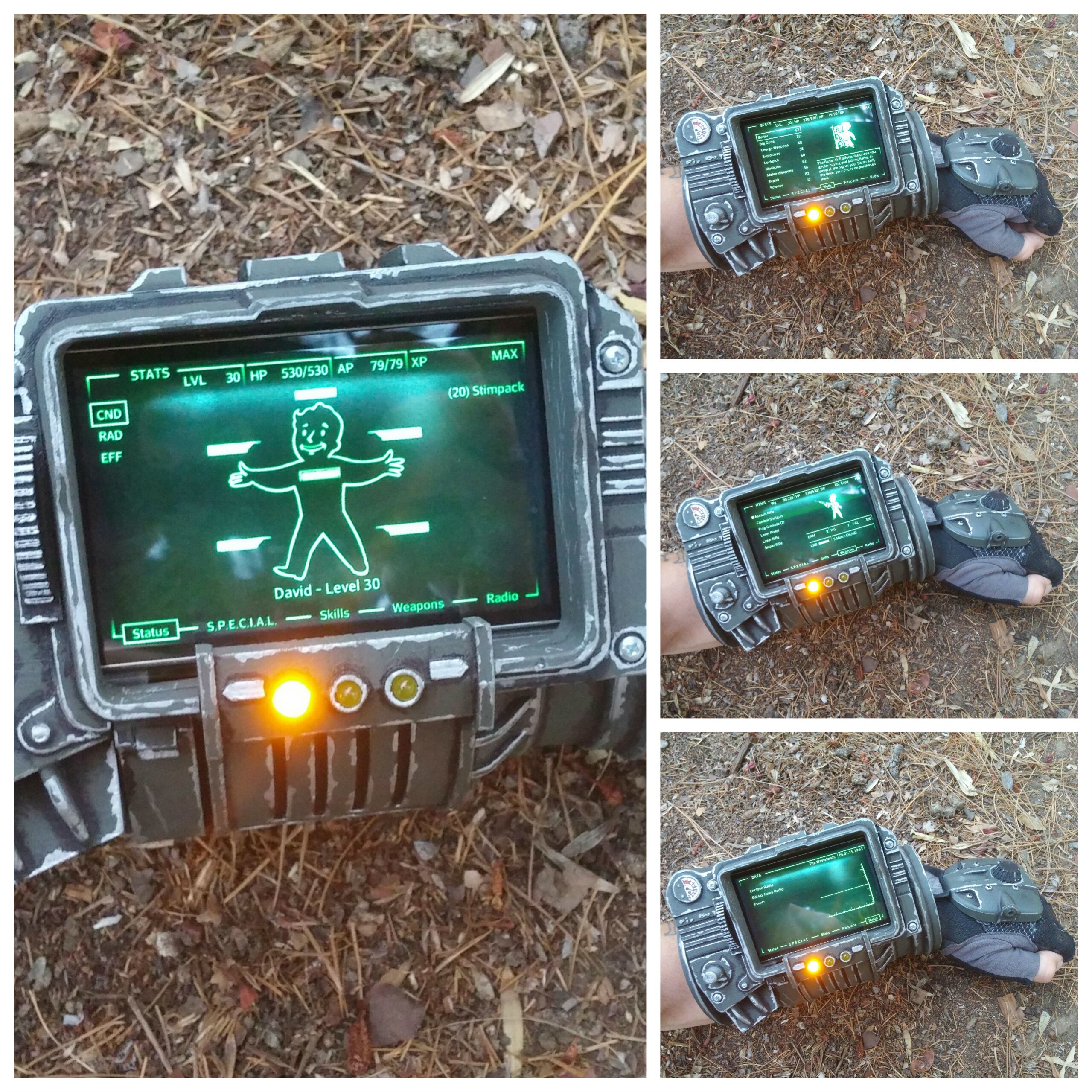 Fallout Inspired Props Galore with Propmaker David Broido
Fallout Inspired Props Galore with Propmaker David Broido Huge Last Minute Gift Deals On Video Games, Movies, TVs, and More
Huge Last Minute Gift Deals On Video Games, Movies, TVs, and More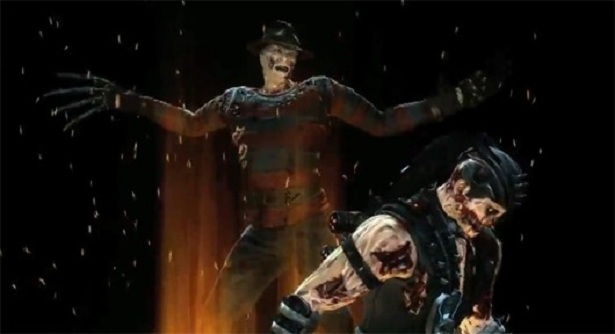 Freddy Krueger Kombatant Guide
Freddy Krueger Kombatant Guide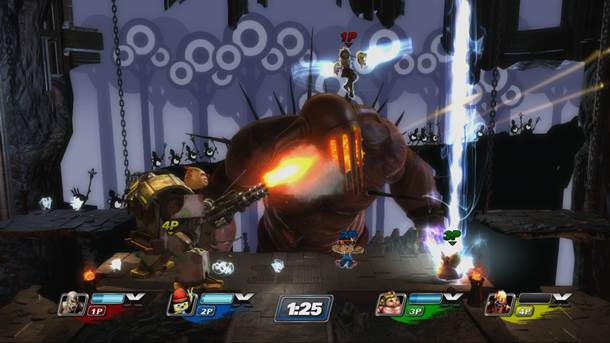 PlayStation All
PlayStation All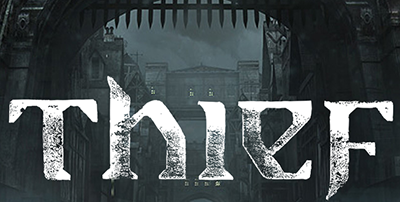 Fixes for Thief PC black screen, graphics issues, crashing, sound issues
Fixes for Thief PC black screen, graphics issues, crashing, sound issues